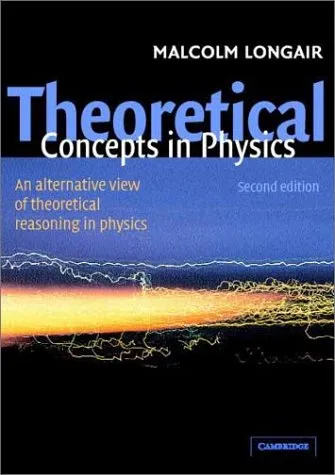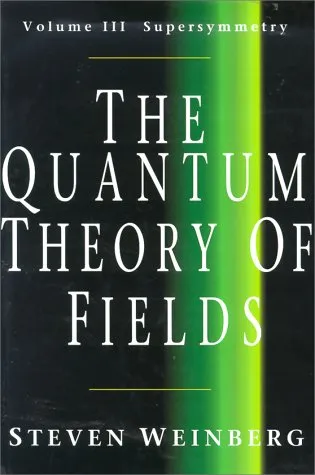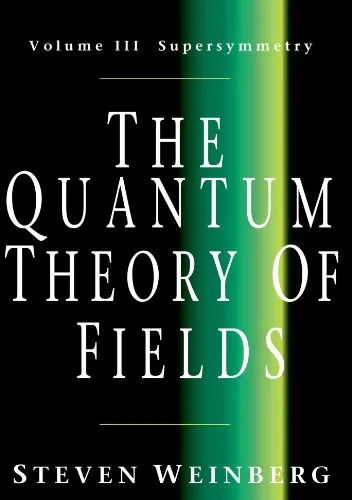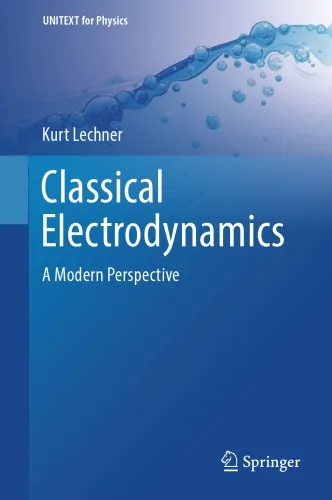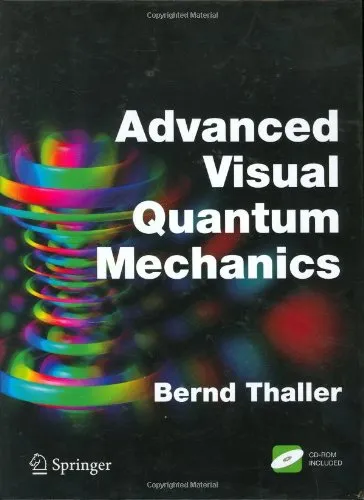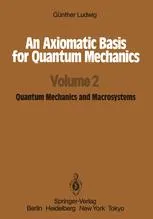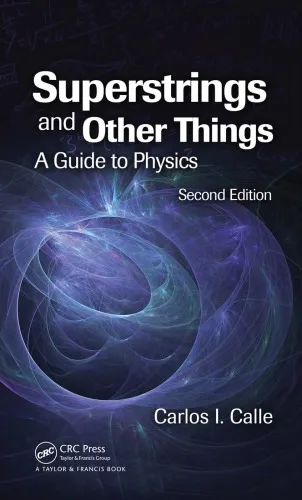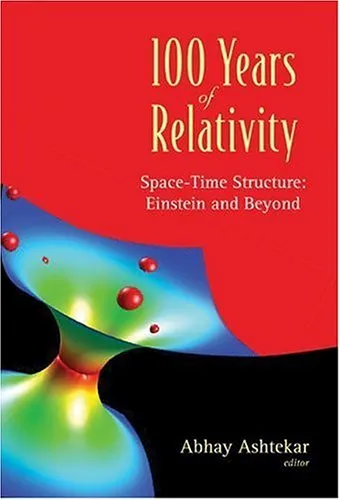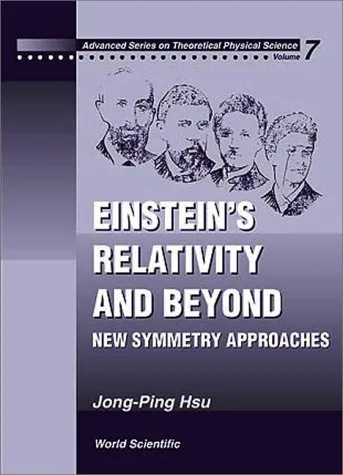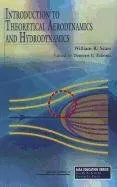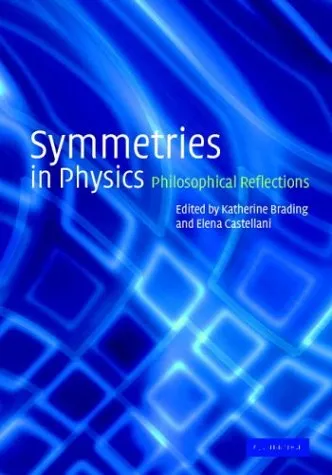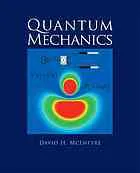Theoretical Concepts in Physics: An Alternative View of Theoretical Reasoning in Physics
4.7
Reviews from our users

You Can Ask your questions from this book's AI after Login
Each download or ask from book AI costs 2 points. To earn more free points, please visit the Points Guide Page and complete some valuable actions.Related Refrences:
Introduction
"Theoretical Concepts in Physics: An Alternative View of Theoretical Reasoning in Physics" by Malcolm S. Longair is a masterfully crafted exploration into the theoretical framework that underpins our understanding of physics. It is not just a standard textbook; instead, it serves as a reflective dialogue on how theoretical reasoning has evolved over centuries, charting a journey from the foundational works of Newton to the revolutionary ideas of quantum mechanics. Aimed at students, educators, and enthusiasts, this book challenges traditional narratives, encouraging readers to rethink how theories are conceived, structured, and refined in the ever-changing tapestry of scientific discovery.
What sets this book apart is its critical examination of historical developments in physics while leveraging them as a springboard to discuss broader philosophical and conceptual themes. Longair's unique approach makes the book exceptionally engaging for those interested in learning not only "what we know," but "how we know it," and most importantly, "why we think the way we do in physics."
Detailed Summary of the Book
The structure of this book weaves together physics, history, and philosophy into a compelling narrative. Early chapters delve into classical mechanics, providing keen insights into the pioneering theories of Newton and their profound implications on scientific methodology. Longair then transitions into electromagnetism, relativity, and quantum mechanics, tying each development to its historical context. The reader is invited to examine the profound moments of curiosity, challenges, and breakthroughs that shaped modern theoretical physics.
One of the standout aspects of the book is its emphasis on conceptual clarity. Rather than bombarding readers with dense mathematics or overly technical content, it walks them through the conceptual motivations and reasoning processes behind some of physics’ greatest achievements. The text addresses critical questions: What assumptions underlie Newton's laws? How did Einstein break our intuition about time and space? Why does quantum mechanics force us to confront probability in its most fundamental form?
By embedding these ideas within a human context, the book reveals the personal struggles, debates, and triumphs of the scientists who dared to tackle nature's most enigmatic puzzles. Ultimately, Longair provides not only a deep understanding of the theories themselves but also a meta-perspective on how scientific reasoning evolves, reinforcing that progress is often nonlinear and guided by culture, temperament, and serendipity.
Key Takeaways
- Theoretical physics is not static; it evolves through a dynamic interplay of thought experiments, observational data, and philosophical reflection.
- Many groundbreaking ideas in physics began as seemingly strange or counterintuitive hypotheses, showcasing the importance of creative reasoning.
- The historical context in which theories emerged significantly shaped their development and acceptance.
- Theoretical reasoning thrives on collaboration, debate, and rigorous conceptual clarity, making it a truly human endeavor.
- Understanding the origins of physics concepts helps us better appreciate their ongoing relevance in modern science.
Famous Quotes from the Book
"Physics, if it is to be comprehended deeply, must be understood as a tapestry woven from human thought, cultural evolution, and empirical evidence."
"The greatest theories in physics are born out of a willingness to challenge the very foundations of what seemed incontrovertible."
"To understand theoretical reasoning is to embark on a journey into the minds of those who dared to understand nature in ways the world had never seen before."
Why This Book Matters
In an era where physics education often prioritizes technical proficiency over conceptual understanding, "Theoretical Concepts in Physics" stands as a refreshing and much-needed alternative. It emphasizes the "why" and "how" of theoretical reasoning rather than just the "what," fostering a deeper appreciation of the discipline. Readers will walk away not only with knowledge but also with a new perspective on the creative, philosophical, and dynamic nature of physics as a field of inquiry.
This book matters because it bridges the gap between a lay reader's curiosity and a physicist's understanding. By combining historical anecdotes, philosophical insights, and clear explanations, Malcolm S. Longair has created an intellectual masterpiece that resonates with audiences across all levels of expertise. Whether you're a student trying to understand the bigger picture, an educator seeking inspiration, or simply a curious mind fascinated by the universe, this book will prove to be an invaluable addition to your library.
Free Direct Download
You Can Download this book after Login
Accessing books through legal platforms and public libraries not only supports the rights of authors and publishers but also contributes to the sustainability of reading culture. Before downloading, please take a moment to consider these options.
Find this book on other platforms:
WorldCat helps you find books in libraries worldwide.
See ratings, reviews, and discussions on Goodreads.
Find and buy rare or used books on AbeBooks.
1436
بازدید4.7
امتیاز0
نظر98%
رضایتReviews:
4.7
Based on 0 users review
Questions & Answers
Ask questions about this book or help others by answering
No questions yet. Be the first to ask!
